Yesterday we talked about ways to reduce Food Wastage when grocery shopping. Today we’re addressing how to reduce Food Waste once that food is brought into your home.
-
Learn when food goes bad
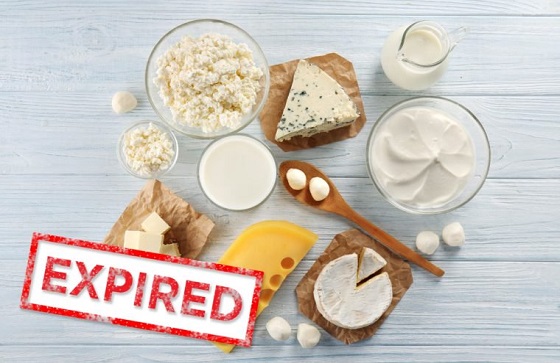
As we discussed before, understanding food labels is extremely important when it comes to waste. “Sell by” and “Best Before” dates are not federally regulated and do not indicate food safety. These dates only indicate peak quality. You’ll find most foods can safely be consumed after those dates. Try to kick this habit; you’re going to be just fine!
-
Raid your fridge

Love Food Hate Waste is a good website that can give you recipe ideas to use up those last bits of food that are sitting around your kitchen. Get creative and try making things you might not be used to making. One thing that I’ve found useful is saving any vegetable ends or scraps that you don’t use to make a stew at the end of the week. Trust me – it’s delicious!
-
Use your freezer
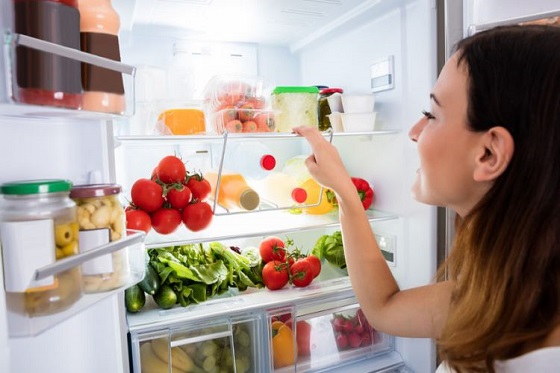
This is something I often forget about. I usually throw my leftovers in the fridge thinking I will eat it the next day. Silly me, most of the time I don’t. Try throwing your leftovers in the freezer! That way you know they won’t go bad even if you do leave them for a few days. It is also smart to freeze certain vegetables, bread, and even milk if you know you’re not going to use it right away!
-
Request smaller portions
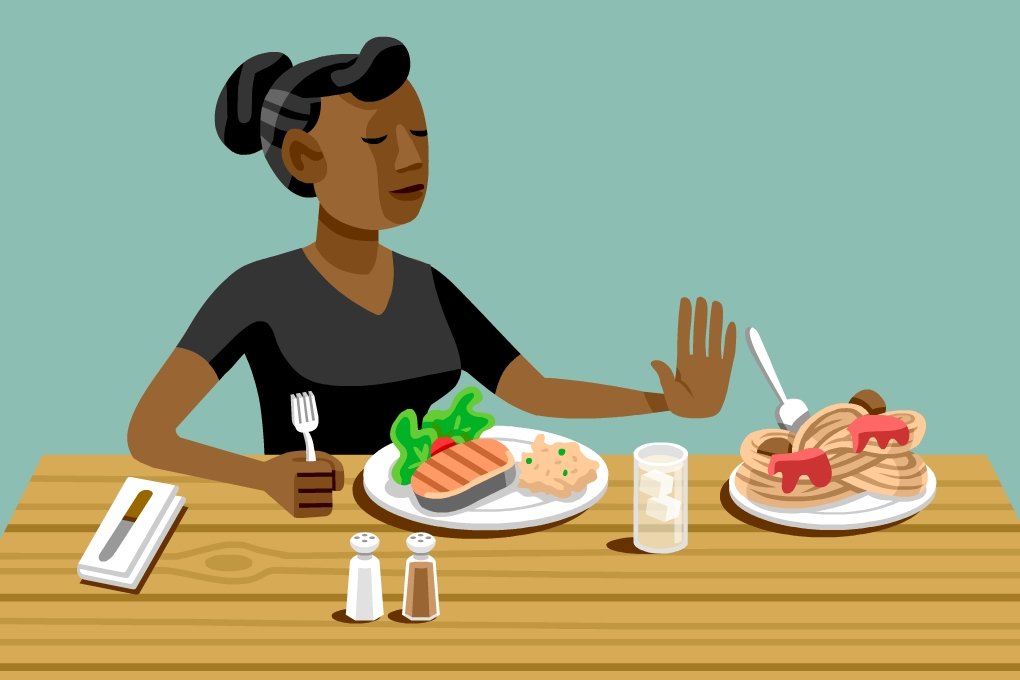
This one is simple. When you’re out to eat just simply ask for a half portion if you know you can’t eat the full one. Most restaurants will make this happen for you with reduced prices. This is a good way to avoid Food Wastage.
-
Eat leftovers
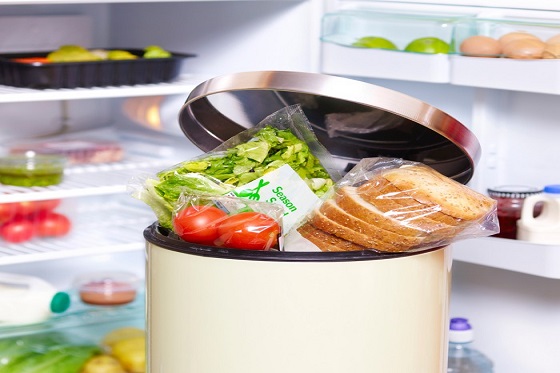
Apparently only half of Americans will take their leftovers home. This should change! Make sure you take them home and freeze them if you know you don’t want them right away.
-
Compost
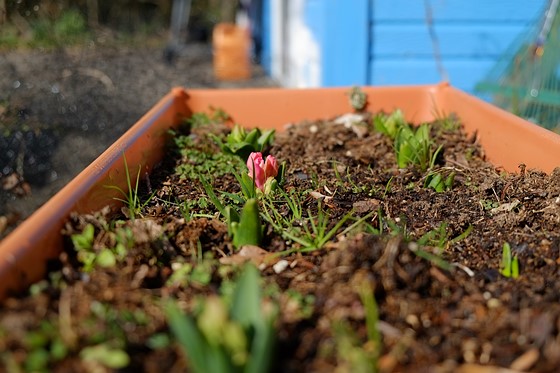
This one is important. Composting can reduce your Food Wastage footprint while also recycling your leftovers nutrients. The methane that is produced in landfills is extremely dangerous to our planet. Currently, there are 3.3 billion tonnes of greenhouse gases being released into our atmosphere. This MUST change and fast.
-
Donate and reduce Food Wastage
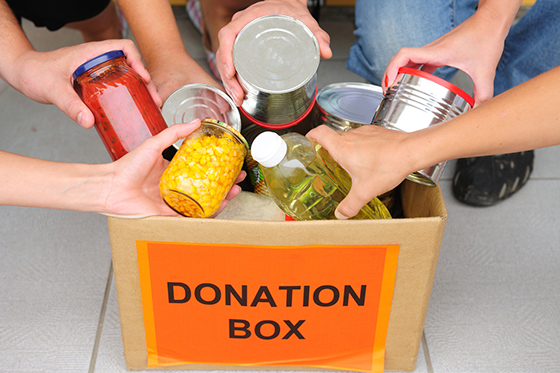
Any non-perishable or unspoiled foods can be donated to food banks, soup kitchens, pantries, or shelters in your community. Local and national programs will sometimes offer free pick-up and provide you with containers. Not only will you save Food Wastage, but you will also be helping out your community in the process!

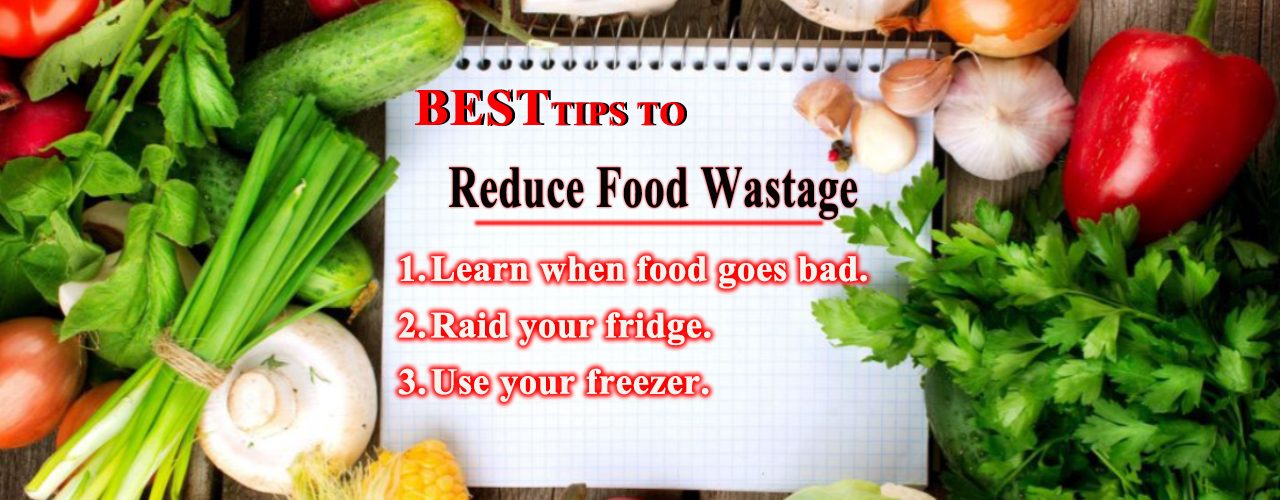
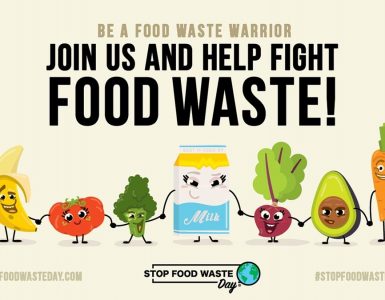





Add comment